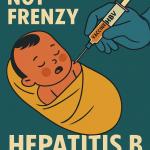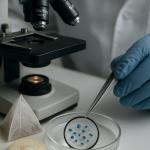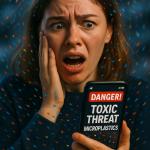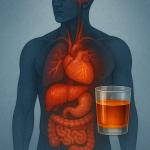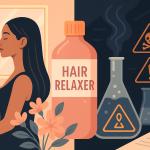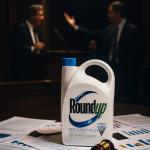When a Calling Collides With Reality
Harm Reduction
In the last few weeks, there has been some drama surrounding black box warnings or boxed warnings issued by the FDA.
LM is an unofficial medical specialty that uses lifestyle interventio
Well, it should come as no surprise that the ACIP has decided that hepatitis B vaccination for newborns is no longer its recommendation. Nor is it surprising that many organizations are breathlessly concerned.
Trillions of dollars are earmarked for AI research, and roles for the Bots or AI-vehicles are expanding.
Rethinking Microplastic Risks
Microplastics are plastic particles ranging from 0.1 to 5,000 micrometers, and nanoplastics are particles ranging from 1 to 100 nanometers, i.e., 0.001–0.1 micrometers.
When I asked ChatGPT for chemicals that may affect men more than women, a long list appeared, including alcohol, endocrine-disrupting chemicals, such as phthalates and bisphenol A, and lead [1].
Coined in 1935 by DuPont, the aphorism “Better Living Through Chemistry” has taken on a double meaning as chemical uses have mushroomed, conferring on our world both luxury and litigation.
This inconsistency disrupts corporations’ handling of toxic tort lawsuits, which arise in federal courts and multiple state courts simultaneously, impacting reserves, SEC disclosures, and corporate planning. When courts conflict, only C



